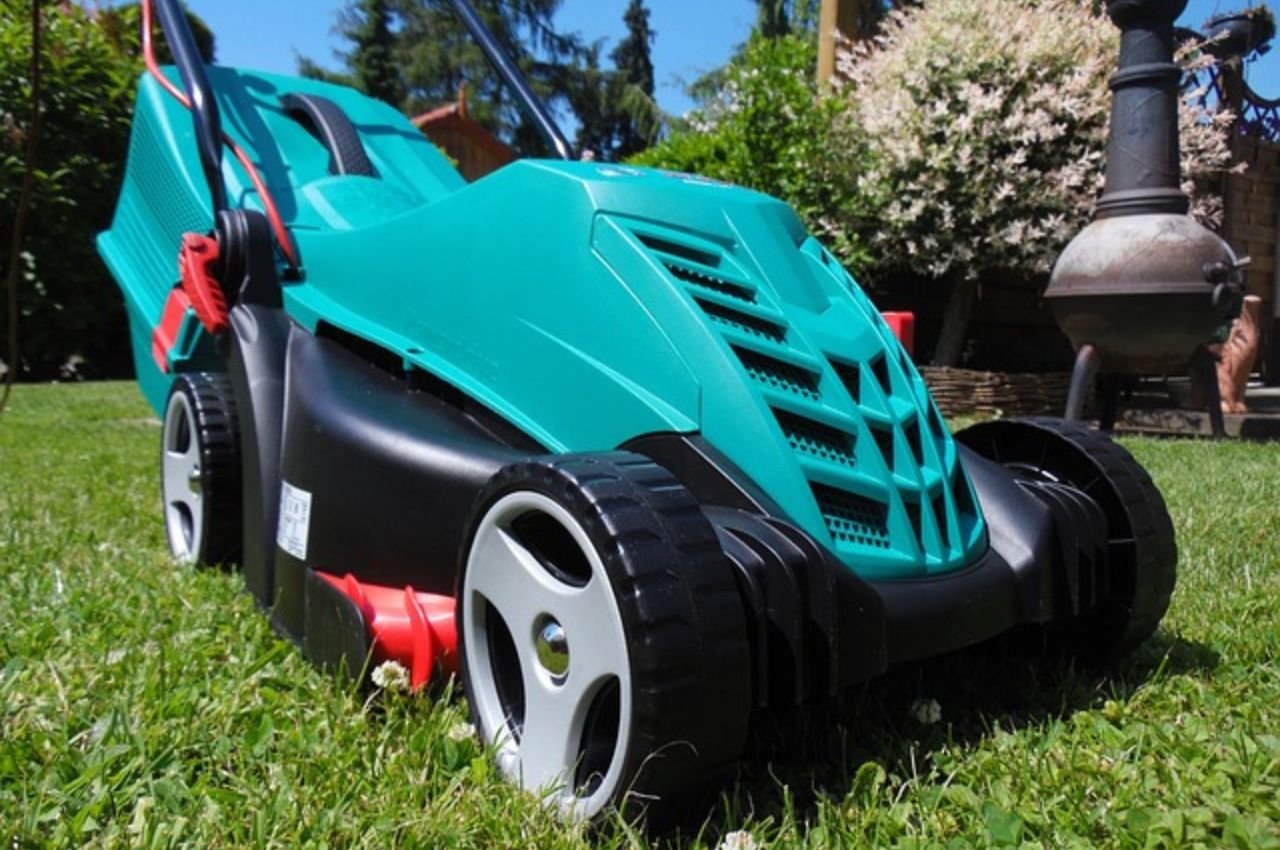Maintaining a lush yard throughout the year requires numerous practices to prevent or minimize the effects of grass diseases. A lawn care service has the right tools, knowledge, and professionals to take care of your lawn and mitigate problems. Here are some of the ways landscaping experts control grass diseases:
1. Selecting the Most Suitable Turf
Homeowners who have yet to cultivate their lawns must choose turfgrass that is disease- and pest-resistant. A lawn care service understands the appropriate type of grass hybrids for your particular soil type, region, and climate. The service visits your home to determine soil fertility by assessing for nutrients like potassium, calcium, and phosphorus. These tests highlight which turf is most likely to survive your lawn and still be resilient to diseases.
2. Designing and Following a Watering Plan
A well-balanced water schedule gives your grass sufficient moisture, depending on environmental conditions. Lawn experts might advise you on the best time and frequency to water your lawn. Such conditions include watering your grass in the early morning or late evening when the sun has not yet risen. This allows your grass roots to absorb most of the moisture before it evaporates. Another factor involves watering more deeply but infrequently to encourage deep root growth and minimize brown patches.
3. Suppressing Pathogens
Plants need a delicate balance of beneficial organisms that break down nutrients in the soil for easier absorption. Other biological organisms produce anti-pathogen chemicals to increase the grass’ resistance against diseases. Biological control introduces such organisms via manure or organic fertilizers to maintain this balance. Some bacteria and fungi added through compost and organic fertilizers compete with non-beneficial organisms and starve them of nutrients to thrive.
4. Cutting the Grass Appropriately
Mowing the grass too short leads to shorter root systems and fragile leaves that do not absorb sufficient nutrients and sunlight. Tall grass creates a microclimate for fungal development by trapping excessive humidity. These taller blades also overshadow shorter grass types, denying them sunlight. Proper mowing techniques with sharp blades prevents infections such as powdery mildew that thrive in shaded and less aerated conditions.
5. Using Herbicides, Fungicides, and Pesticides
Pests and weeds attack your grass and decrease their resilience against diseases. Herbicides and pesticides applied correctly counter their effect on your grass. Landscaping professionals know the right amount to apply to avoid increasing your soil’s acidity and further stressing your grass.
Proper application also relies on establishing the most suitable time to use these chemicals. Some microorganisms, like snow mold, develop in extreme conditions, such as cold winters. Fungicides applied before the winter seasons protects your grass against such diseases.
6. Applying Correct Amounts of Fertilizer
Grass needs nitrogen and potassium to develop strong defenses against diseases. Lawn care professionals understand how to apply the most suitable amount to prevent nutrient-related diseases. Some ways excessive and inadequate nutrient management affects grass is through diseases like gray leaf spots. Soil fertility tests conducted by the lawn care company shows which nutrients your grass requires. The yard maintenance service also uses techniques to allow the nutrients to seep slowly into the soil to maintain good soil pH.
7. Adjusting the Lawn’s Environment
Adequate aeration and sunlight, coupled with proper drainage, mitigates diseases caused by water stagnation. Lawn maintenance service regularly clear overhanging branches and excessive thatch that block the grass’ access to sunlight and airflow. This prevents diseases that originate from stagnant air and lack of sunlight. Proper drainage also mitigates diseases that grow in waterlogged regions of your lawn.
Hire a Lawn Care Service
Landscaping companies offer their expertise to help you create and maintain a healthy lawn throughout the year. Find a maintenance firm that offers numerous services like soil testing, disease control, and bio-herbicides to get sufficient support for your lawn’s diverse needs. Contact a lawn care service today to improve your yard’s resilience against common grass diseases.





